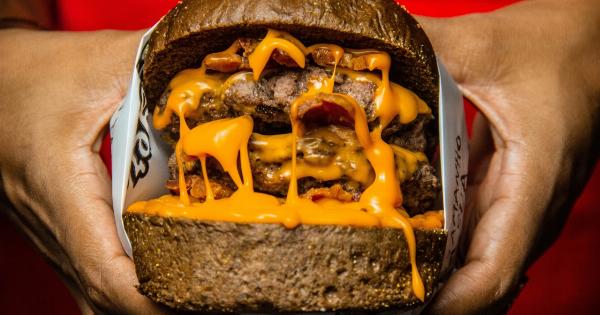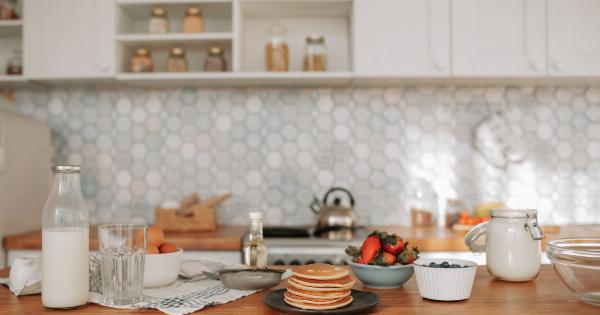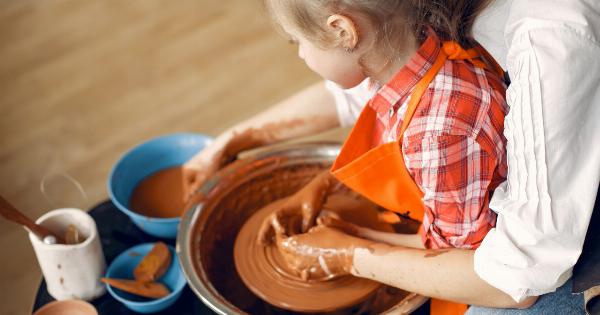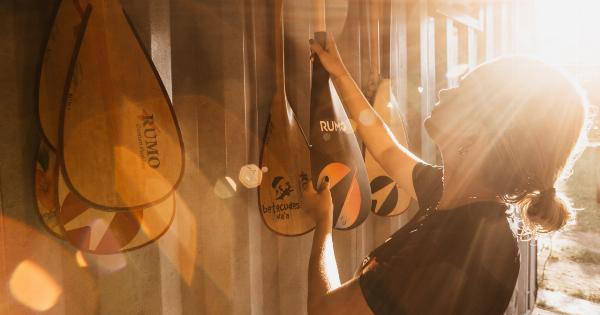High blood pressure, also known as hypertension, is a common medical condition that affects millions of people around the world. It is a chronic condition that occurs when the force of the blood against the walls of the arteries is too high.
High blood pressure is often referred to as the “silent killer” because it is usually asymptomatic until it causes severe health issues, such as stroke, heart attacks, and kidney failure.
Therefore, it is essential to control blood pressure levels to reduce the risk of developing serious health problems.
Beverages that Affect Blood Pressure
Various factors can cause hypertension, including genetics, age, and medical conditions like obesity and diabetes. Certain habits can also lead to high blood pressure, such as smoking, lack of physical exercise, and dietary choices.
Research indicates that drinking certain beverages can increase or decrease blood pressure levels, even when the body is at rest. Here are some of the beverages that can affect blood pressure:.
Coffee and Caffeinated Beverages
Caffeine is a stimulant that can temporarily raise blood pressure by blocking adenosine receptors in the brain. Adenosine is a chemical that slows down the nervous system, reducing anxiety and heart rate.
However, the blood pressure-raising effect of caffeine is usually short-lived and fades away within hours, especially in people who consume caffeine regularly.
Nonetheless, excessive intake of caffeine can lead to continued high blood pressure, especially in people with pre-existing hypertension.
Tea
Unlike coffee, tea contains less caffeine, and it also contains other compounds that counteract the vasoconstrictive effect of caffeine. These compounds are called catechins, and they can improve blood flow by dilating blood vessels.
Studies indicate that regular consumption of green tea, in particular, can lower blood pressure and reduce the risk of developing hypertension.
This is because green tea contains a high concentration of catechins, which have anti-inflammatory and antioxidant properties.
Alcohol
Alcohol can raise blood pressure temporarily or for an extended period, depending on the amount consumed. Regular and excessive alcohol consumption can cause chronic hypertension, liver damage, and other health issues.
Experts recommend drinking alcohol in moderation or avoiding it altogether to prevent high blood pressure. Moderation means one drink per day for women and up to two drinks per day for men.
Sugary Drinks
Sugar-sweetened beverages like soda, energy drinks, and sweet tea can contribute to high blood pressure, especially in people who consume them regularly.
These drinks are high in fructose, a type of sugar that can cause insulin resistance, inflammation, and oxidative stress.
Additionally, sugary drinks can lead to weight gain, which is a significant risk factor for hypertension. Consuming more than one sugary drink per day can increase the risk of developing high blood pressure by up to 60%.
Conclusion
Drinking certain beverages can affect blood pressure levels, even when the body is inactive. Excessive consumption of caffeine, alcohol, and sugary drinks can lead to chronic hypertension, which can cause severe health issues.
On the other hand, regular consumption of green tea can lower blood pressure and reduce the risk of developing hypertension.
Therefore, maintaining a healthy diet that includes plenty of fruits, vegetables, and whole grains and avoiding unhealthy beverages can help control blood pressure and prevent chronic diseases.





























